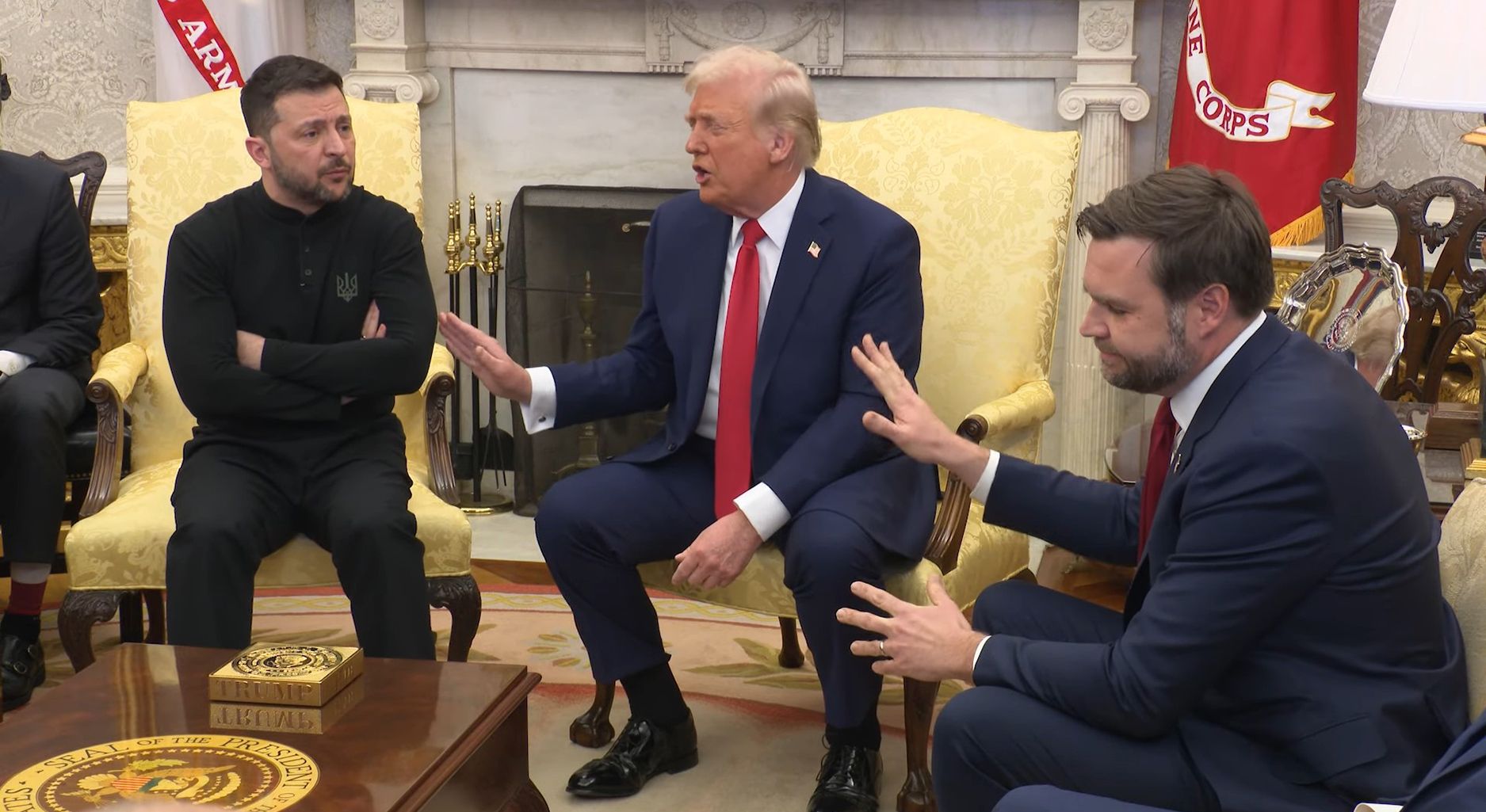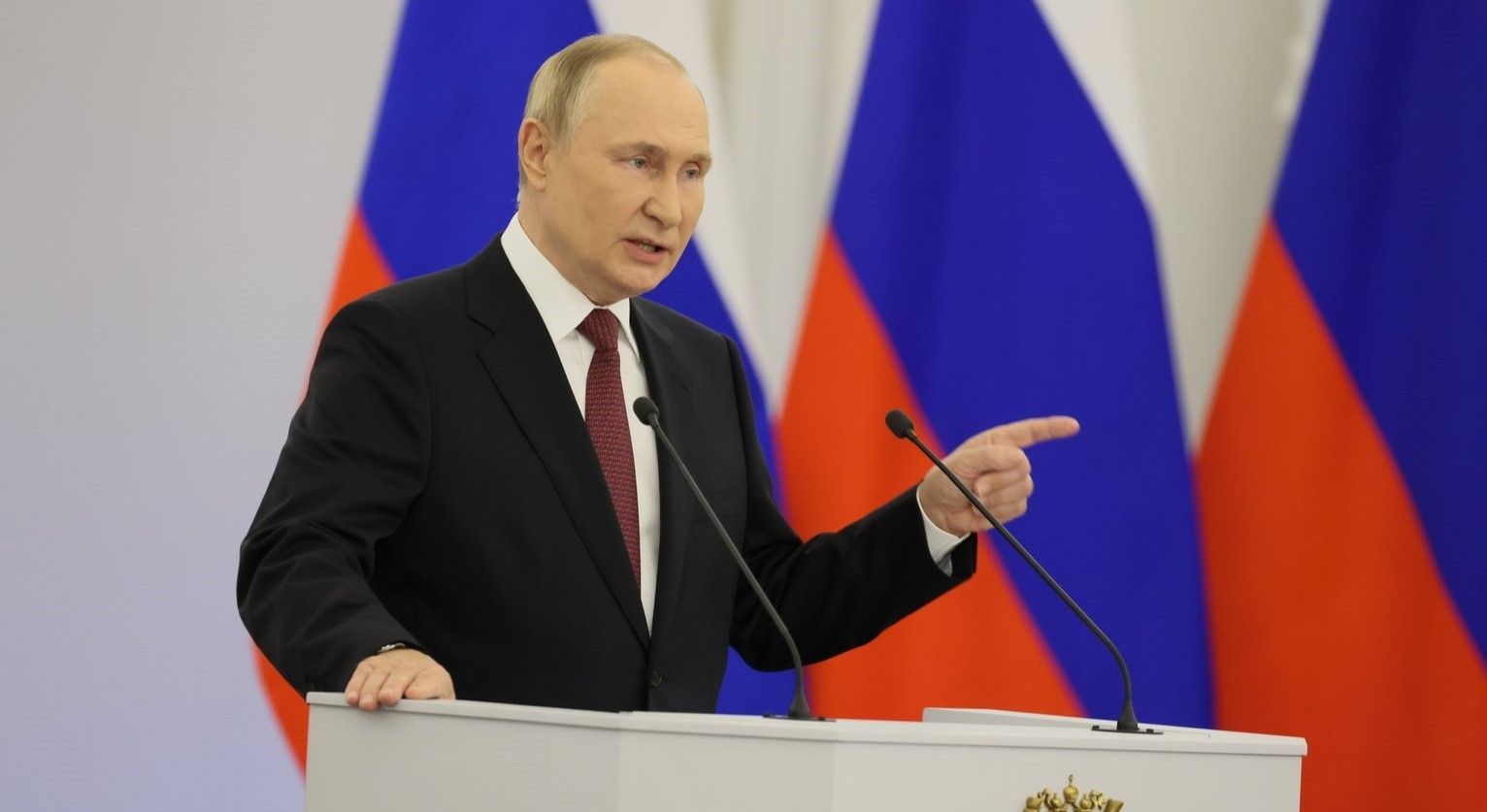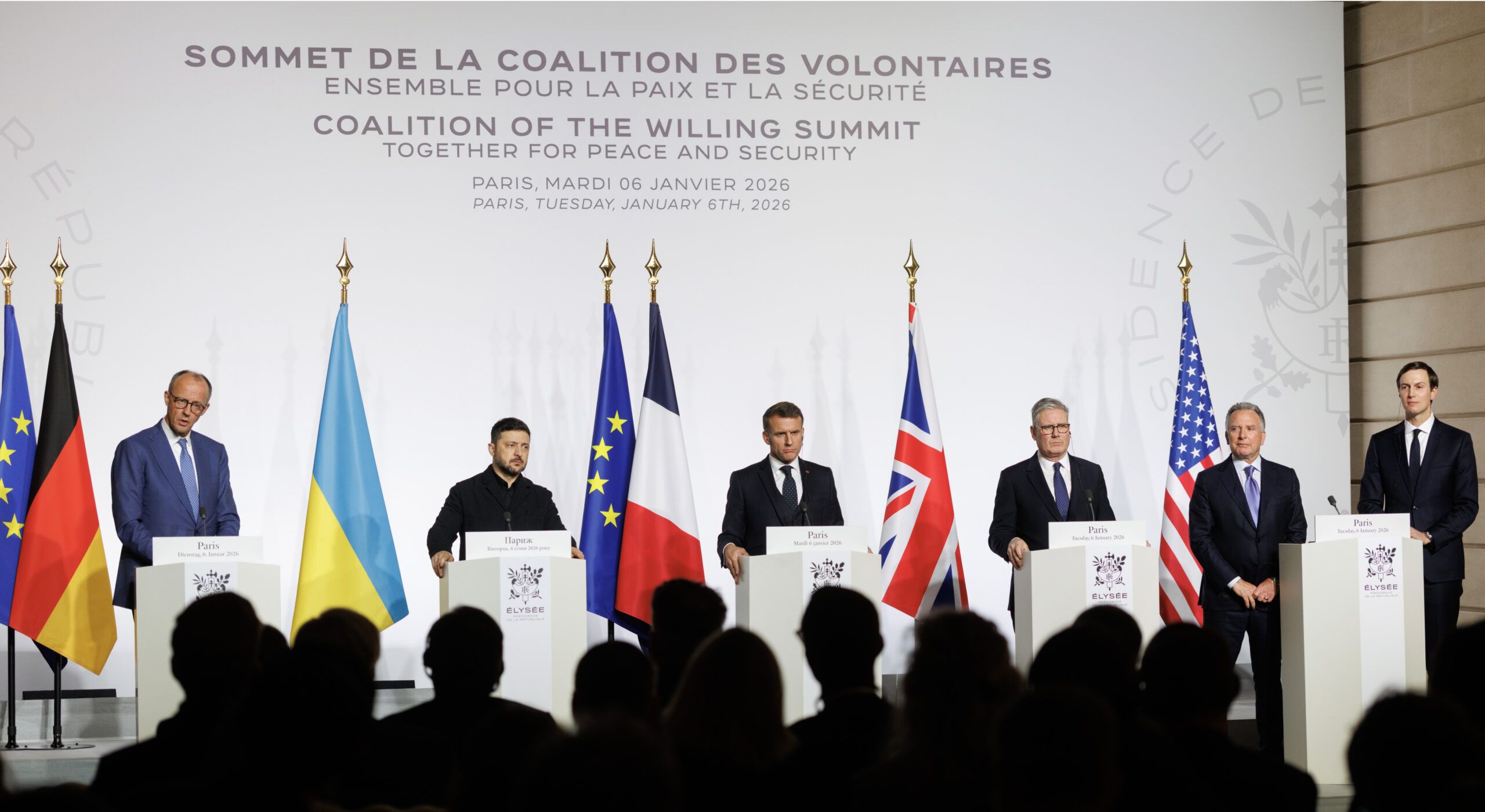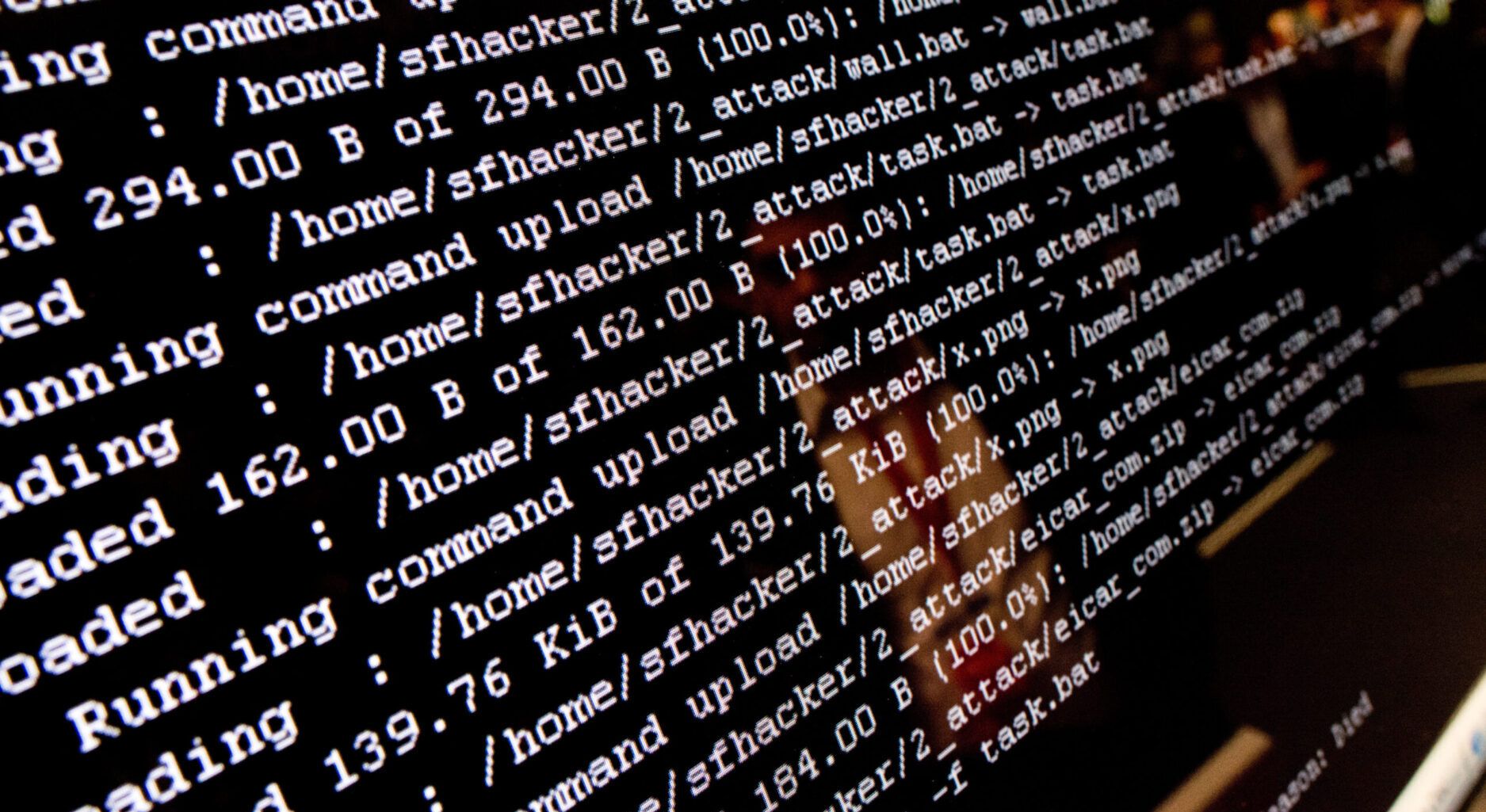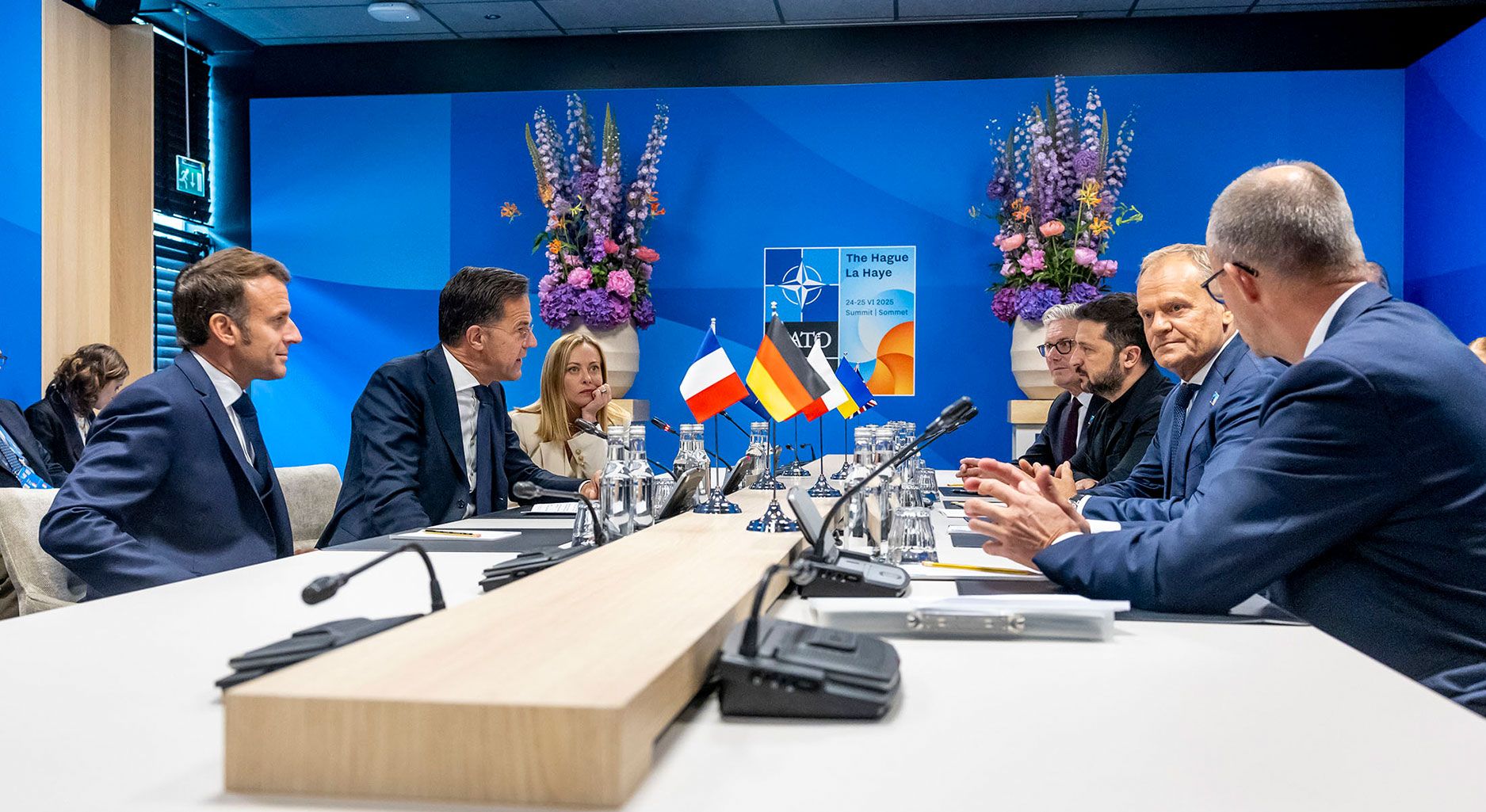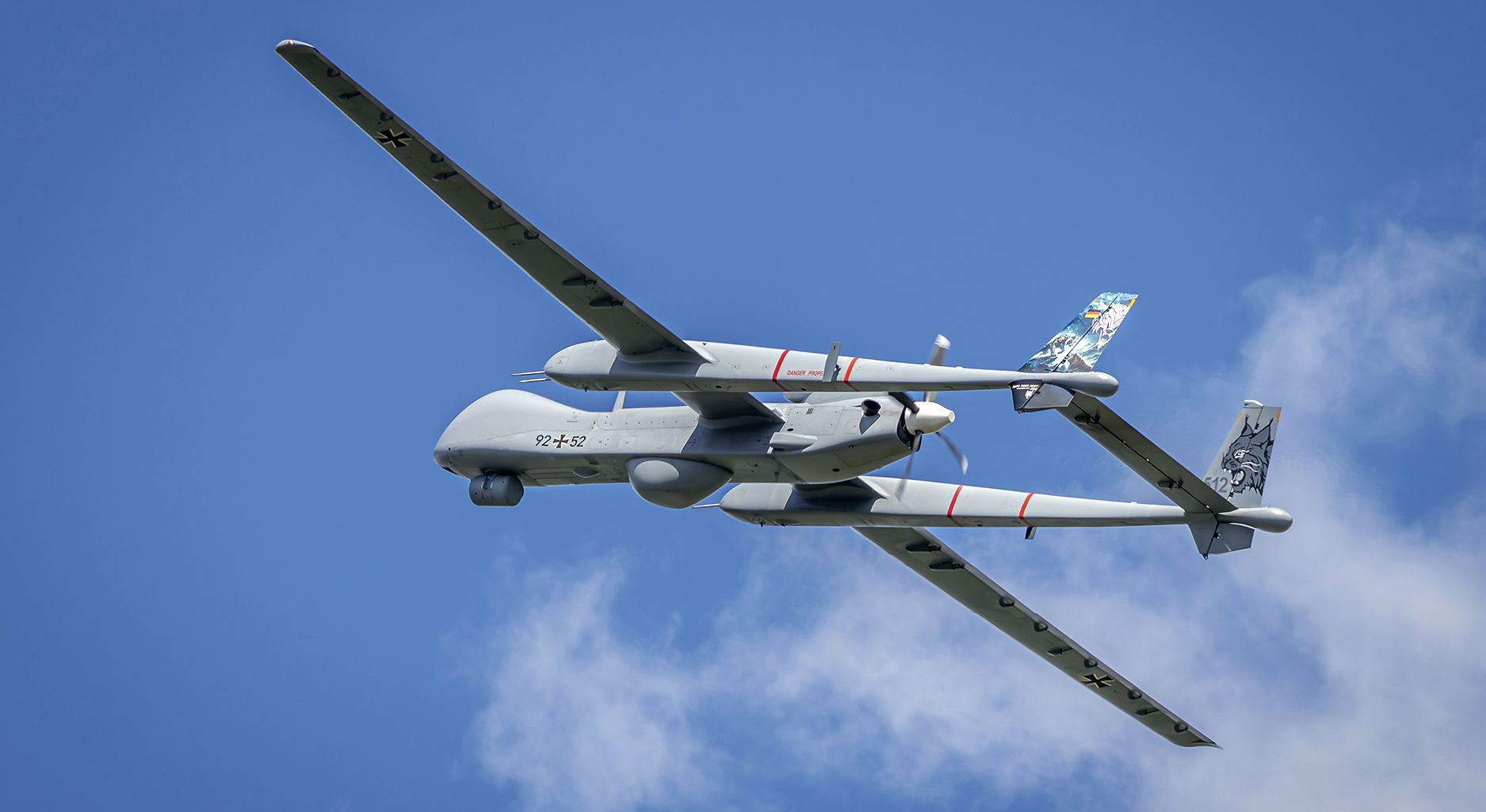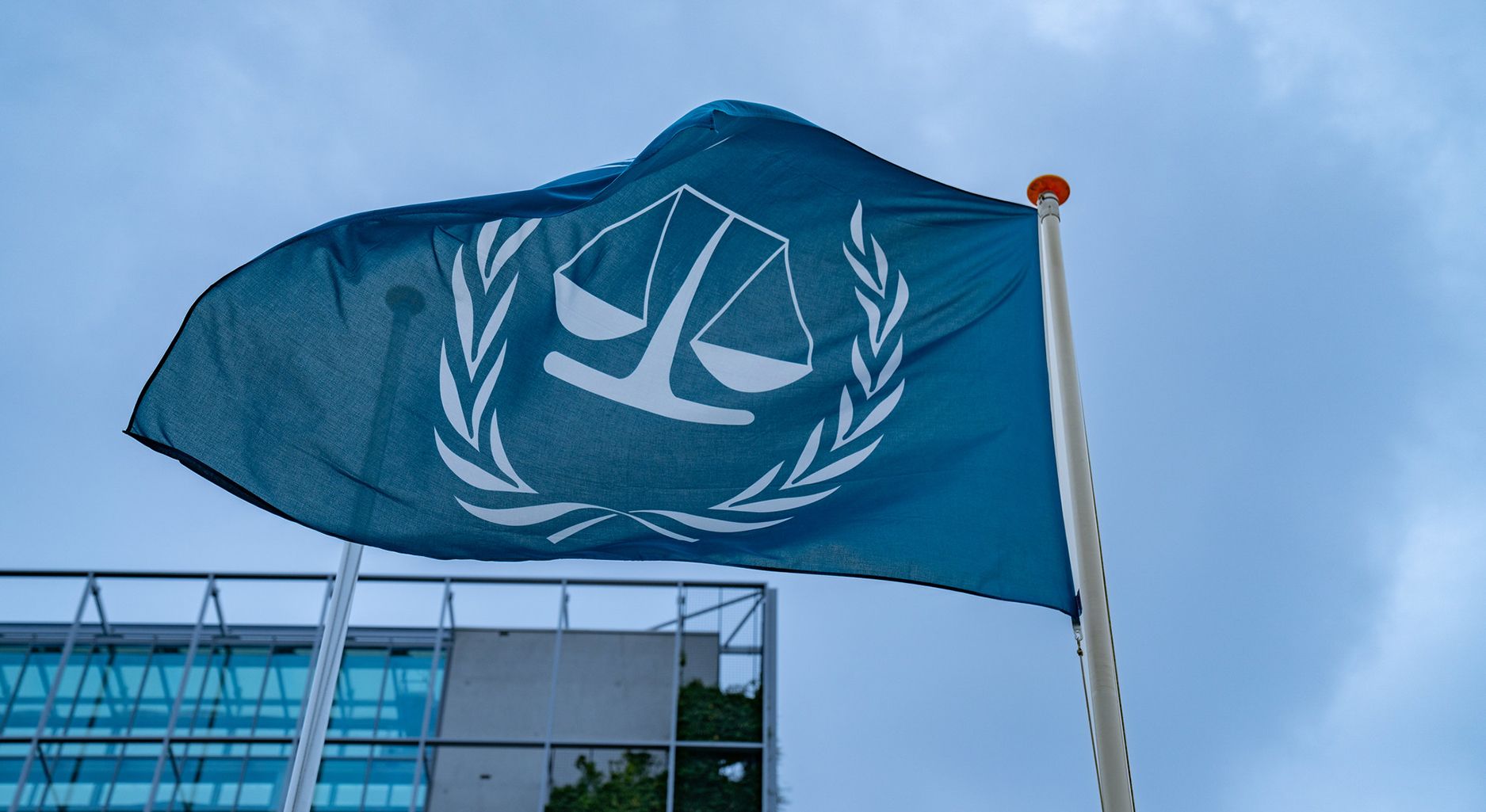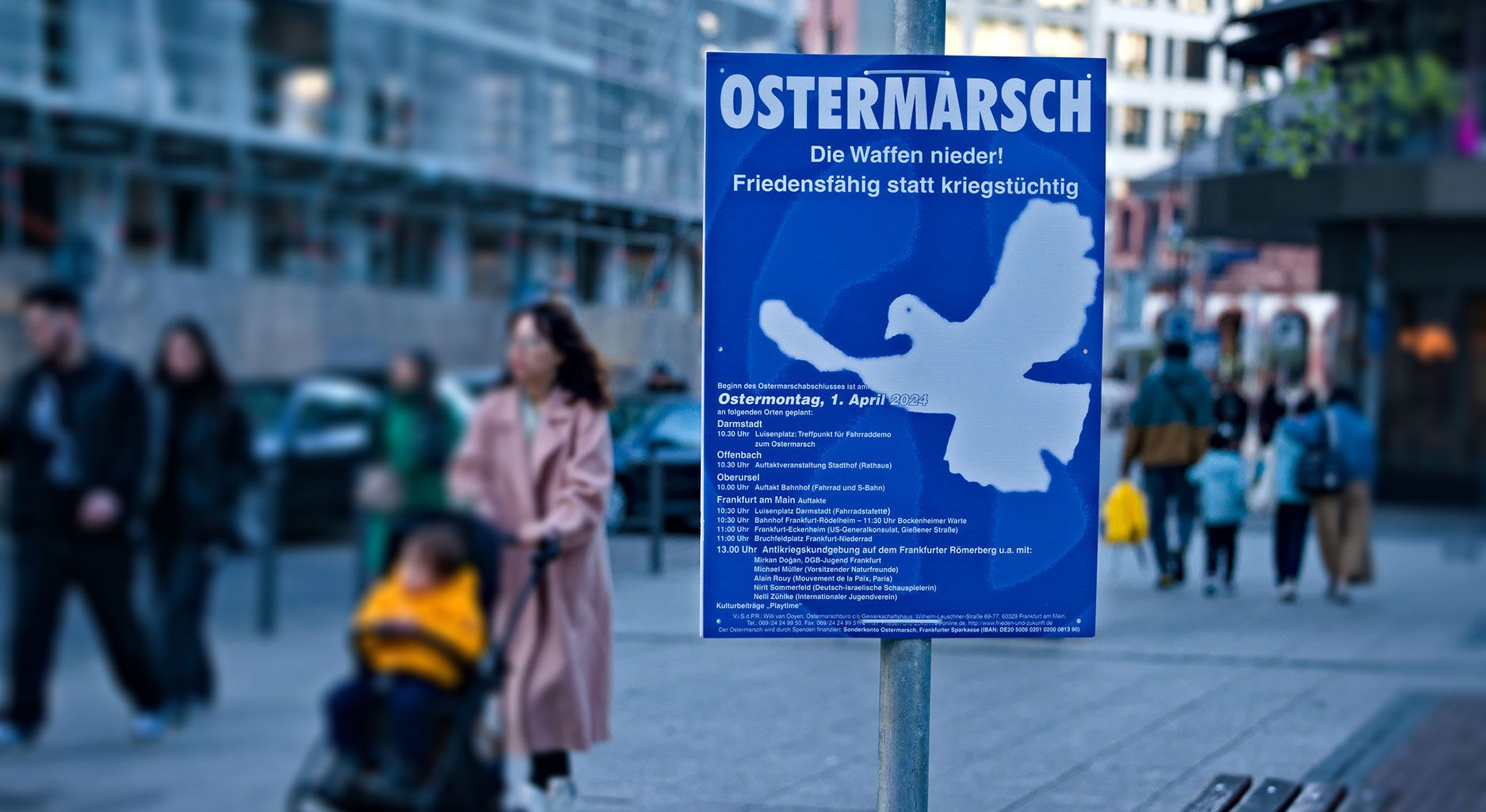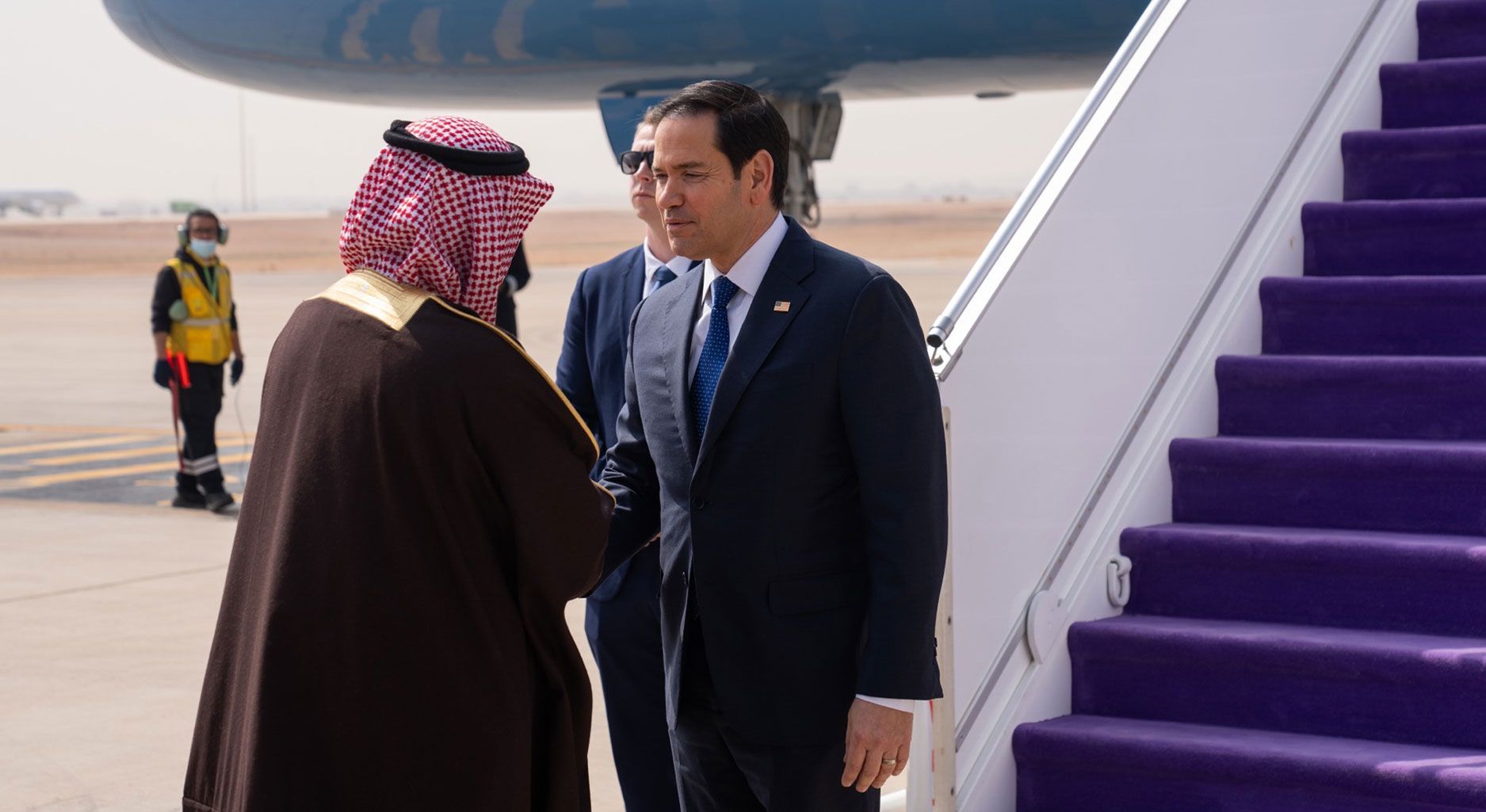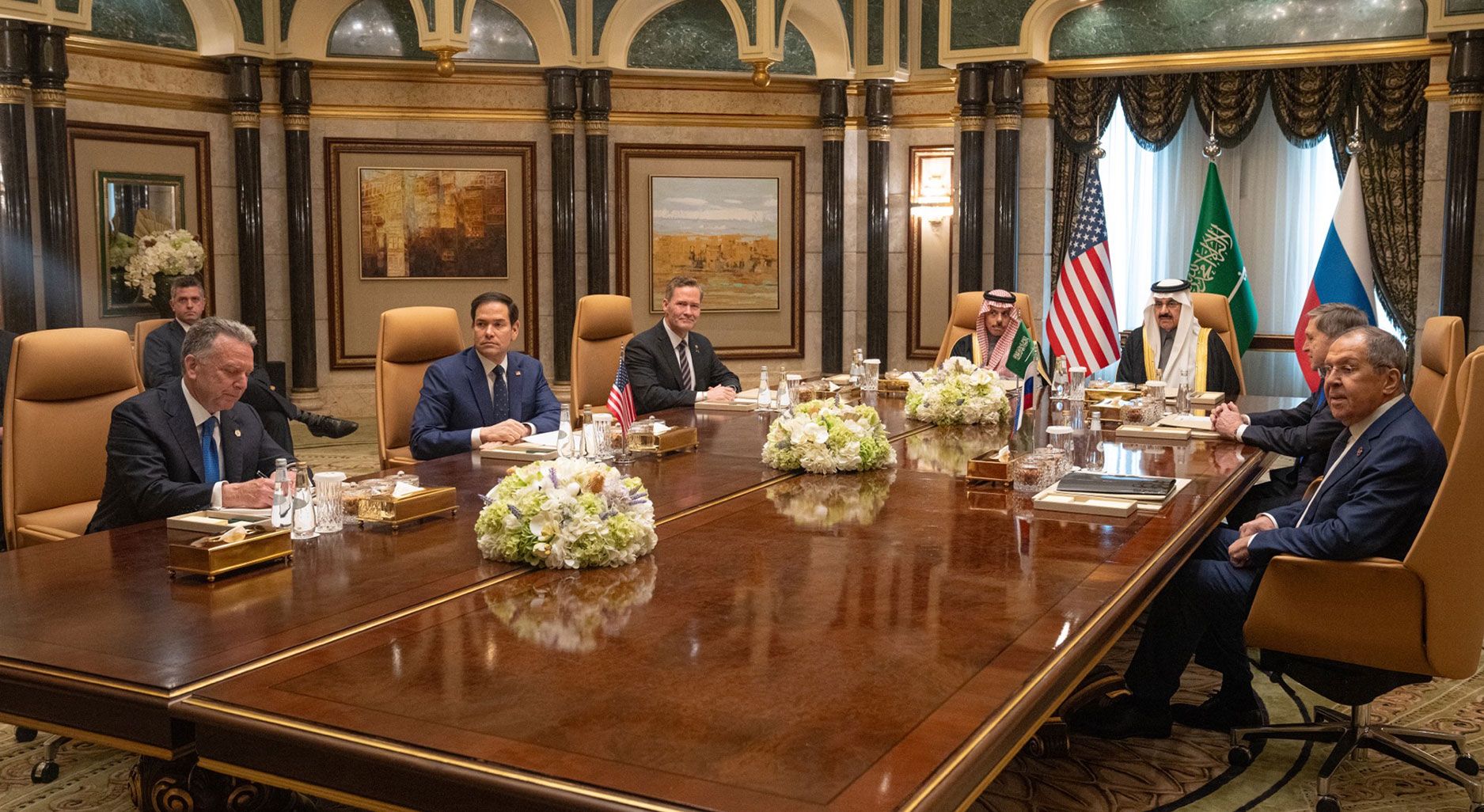Schlagwort: Russland
Vor fast vier Jahren, am 24. Februar 2022, begann die russische Vollinvasion der Ukraine. Über...
What the West Got Wrong About Russian “Hybrid Warfare”: Understanding Russian Unconventional Activities Will Determine Future Strategies and the Resilience of Europe
Alongside Russia's full-scale military invasion of Ukraine, non-military operations across Europe...
Frieden und Demokratie auf dem Rückzug – was nun?
Das neue Jahr beginnt mit düsteren Aussichten. In der Ukraine geht der verbrecherische...
Digitale Zeitenwende: Aktive Cyberabwehr als Antwort auf Russlands hybride Kriegsführung
Deutschland steht vor einer wachsenden Bedrohung durch staatlich gelenkte Cyberoperationen,...
Mit Russland verhandeln mittels Drucks und Anreizen
Geht es um Kriege außerhalb Europas, tritt Deutschland für Diplomatie und Verhandlungen ein....
A Weapon Looking for a Purpose: Should Germany Deploy its New Heron TP Drones to the Baltics?
Influenced by Russia’s invasion of Ukraine and the evolving security landscape, Germany’s...
Justice for Ukraine: The Case for a Special Tribunal on the Crime of Aggression
On May 9th, 2025, an international coalition of almost 40 states, senior legal experts of the...
Verrennen sich die Ostermärsche?
Auch dieses Jahr finden in vielen Orten Deutschlands Ostermärsche statt. Die Aufrufe...
Russlands heikles Spiel mit der Zeit
Putin will den Konflikt mit der Ukraine nicht ernsthaft lösen. Aber er hält die...
A Sober Perspective for the Negotiating Table: Europe Must Contribute Diplomatically to Ending the War in Ukraine and Shape the Withdrawal of the US
Despite the deadlocked military situation for Ukraine and the policy shift in the US, Germany and...
